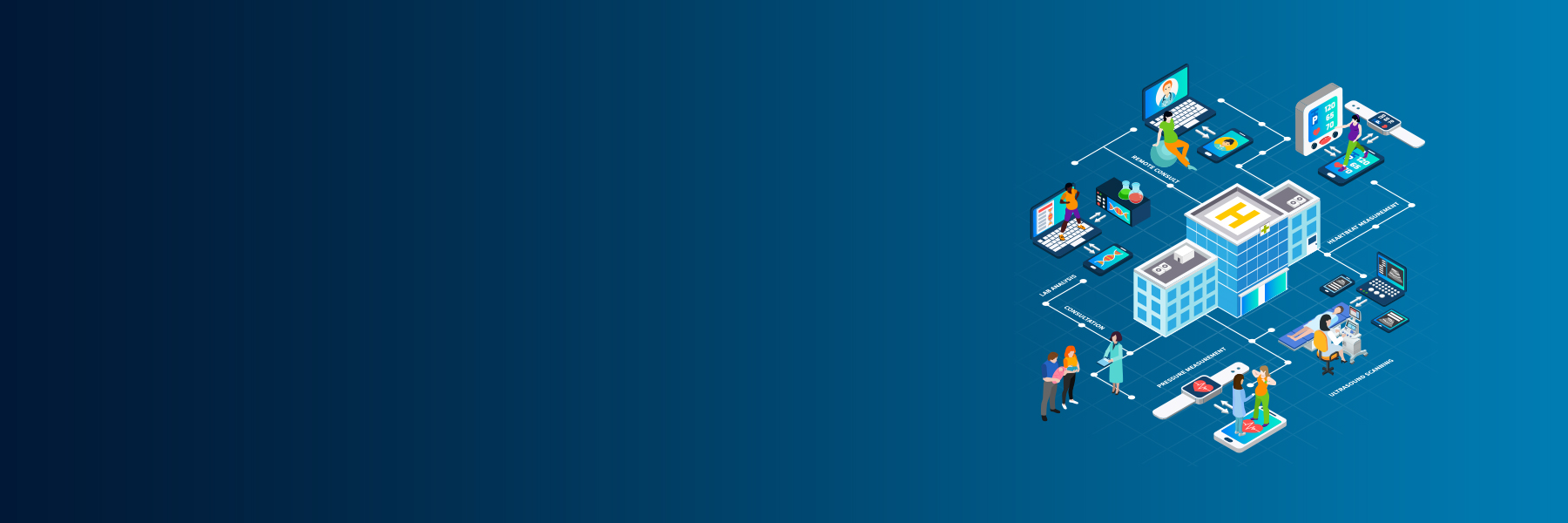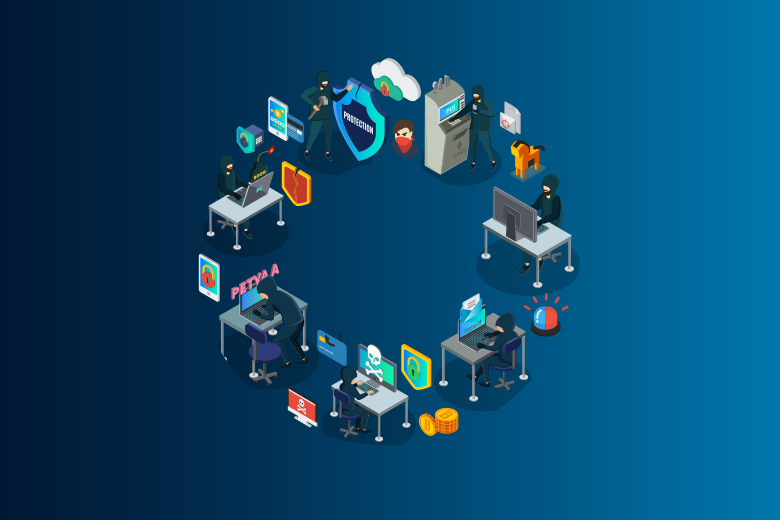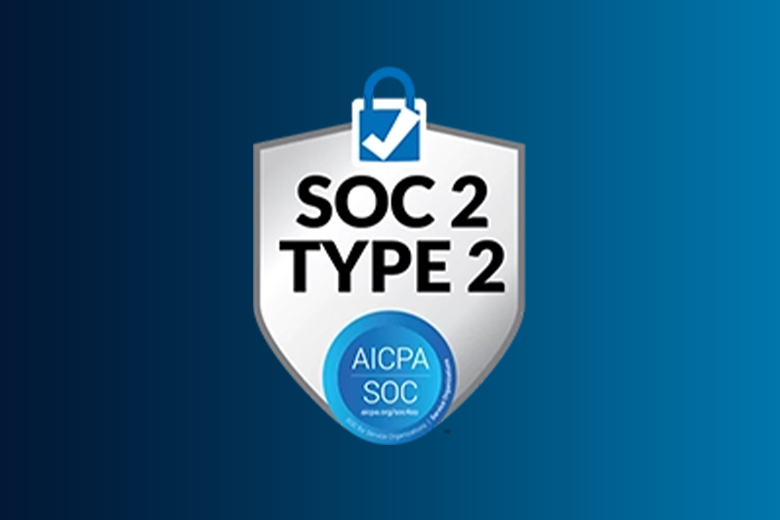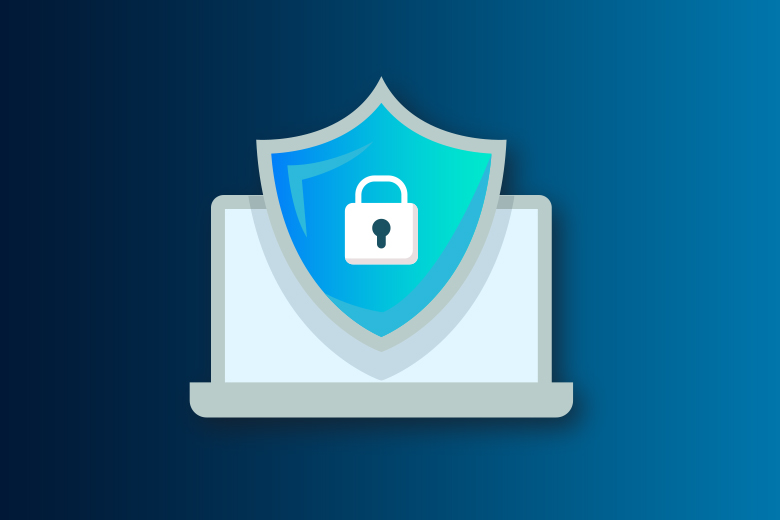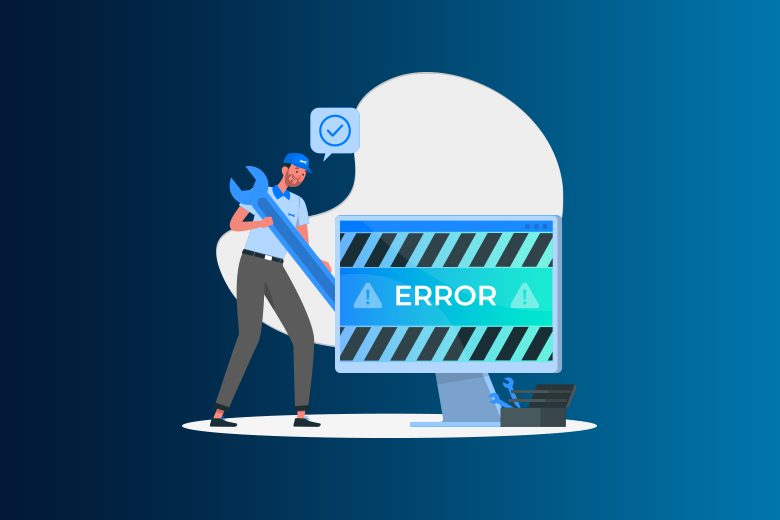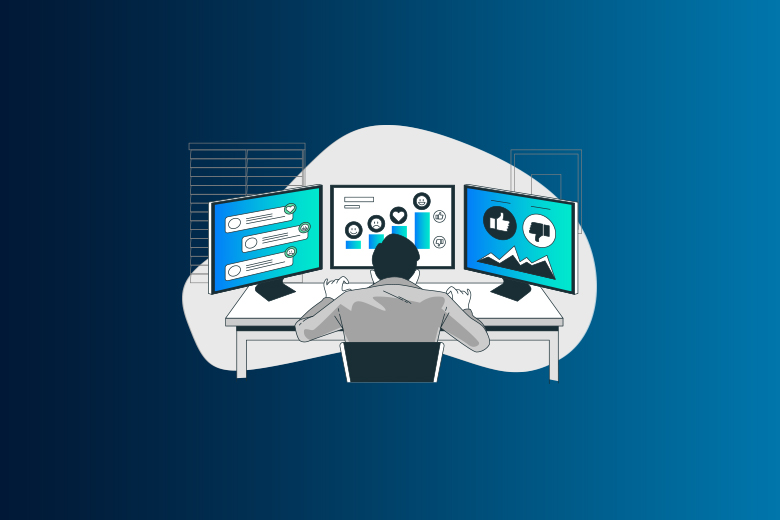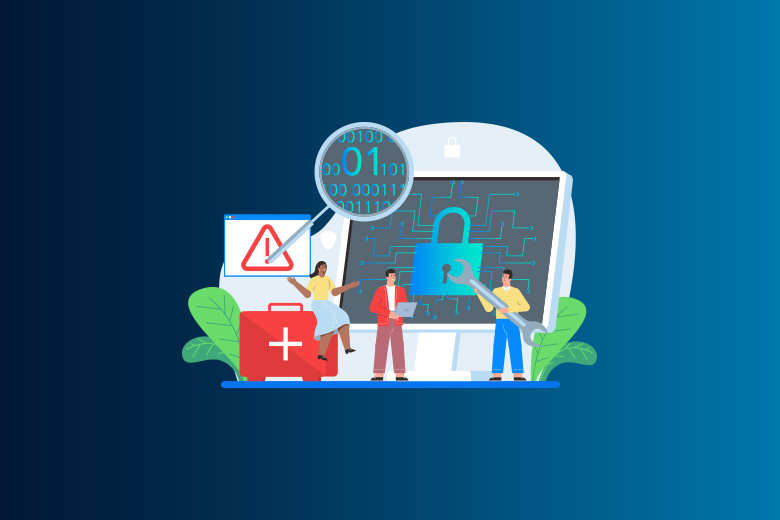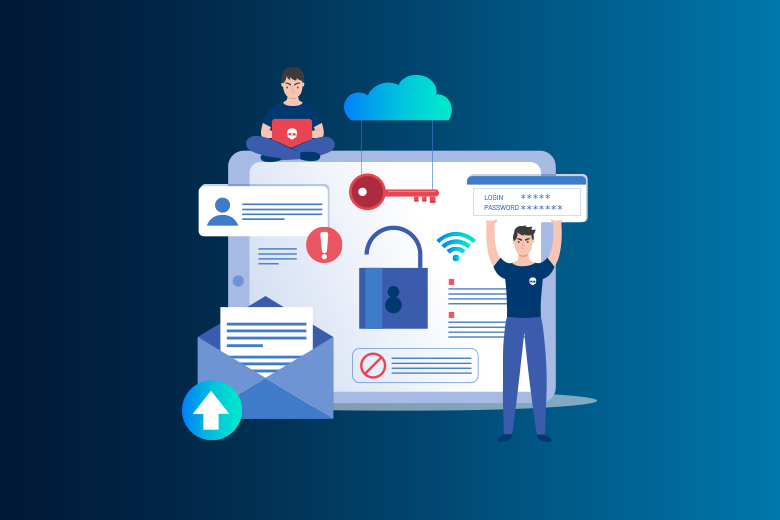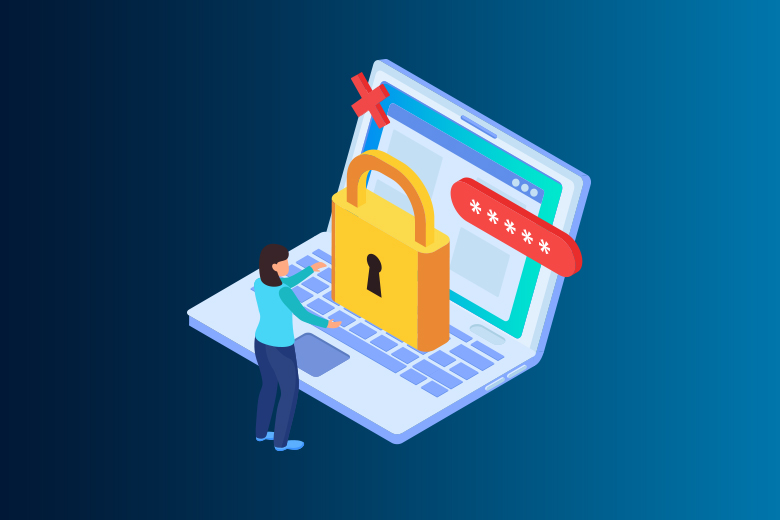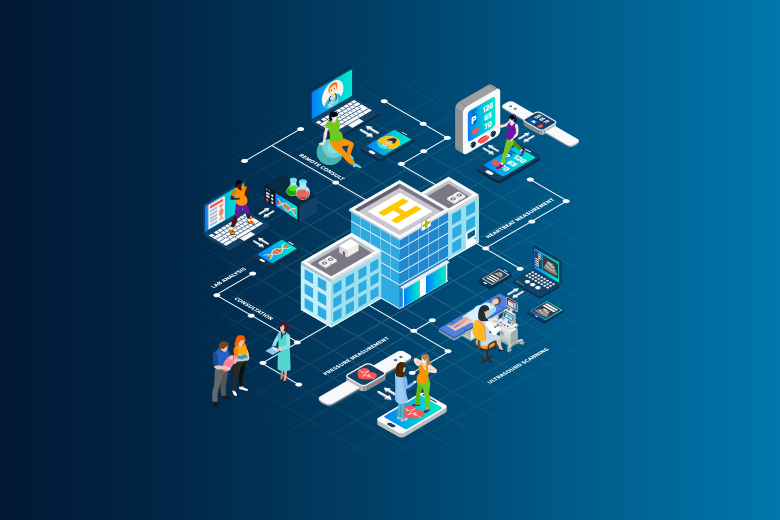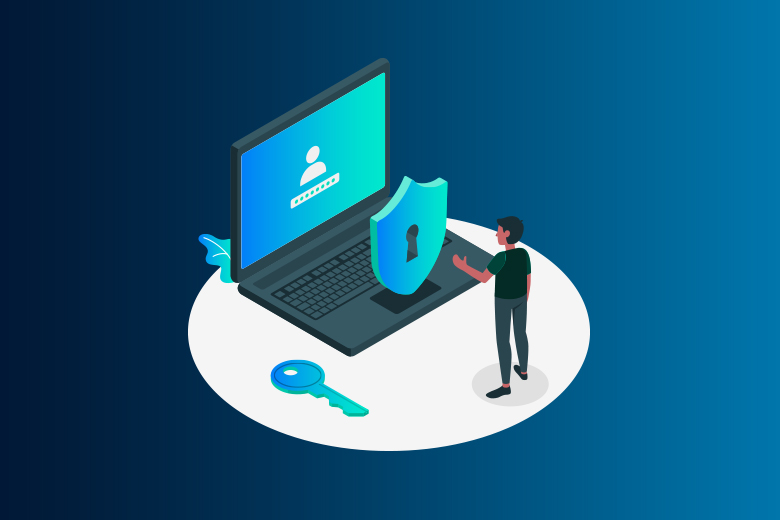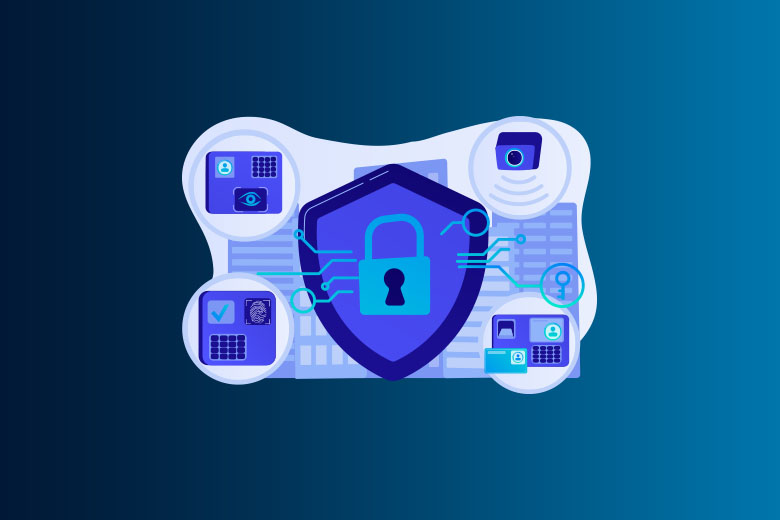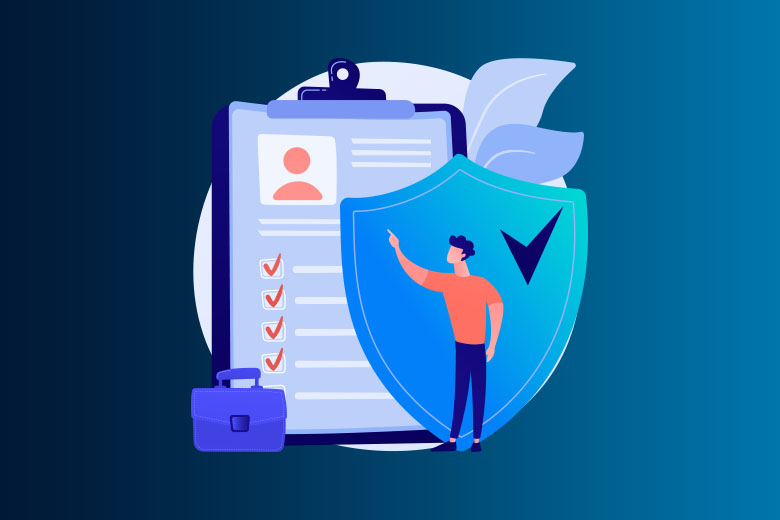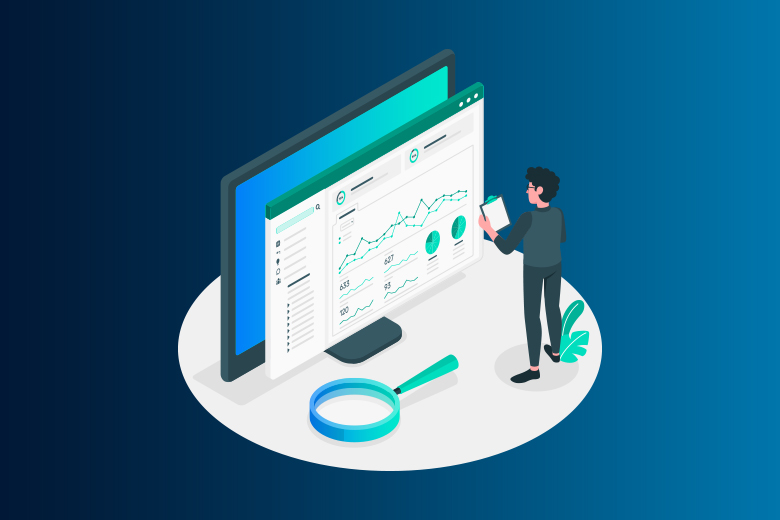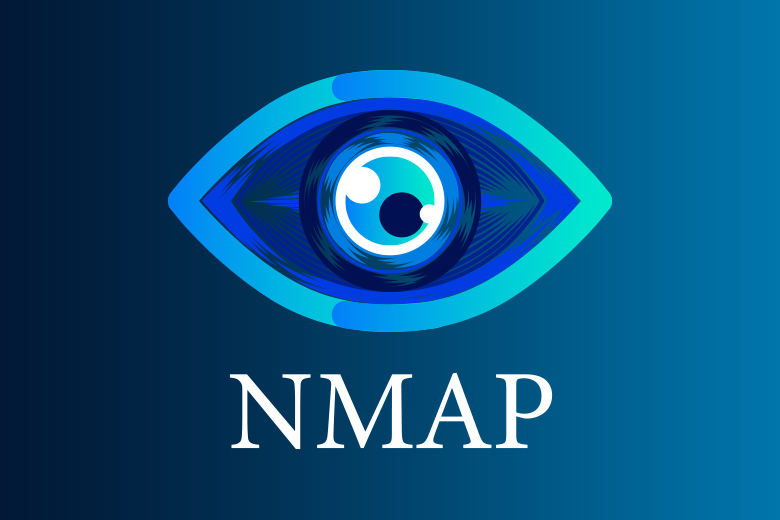14 June 2024
SafeAeon Inc.Hospitals aren't just places where people get better; they're also huge networks of devices connected. Unfortunately, these networks hold a lot of sensitive information and are a great target for cybercriminals. These attacks aren't just a bother; they can mean the difference between life and death.
The healthcare business is in the middle of a terrible storm. Check Point Research says that in 2022, healthcare companies were hit with an alarming 1,426 cyberattacks every week, which is a 60% rise from the previous year. This weakness is more than just a guess. Hackers know that hospitals often need more resources , their IT staff is busy, and their systems are old. This makes it easy for hackers to take advantage of the situation. They are putting a digital carrot in front of people's faces by using ransomware to encrypt important data and demand a large payment in exchange.
If a hospital cyberattack is successful, the damage can be very bad. Imagine that treatment has to be put off because patient records aren't available, or even worse, life-saving equipment stops working. These aren't just imaginary situations. WannaCry, a global ransomware attack that happened in 2017, shut down computers all over the world. This had a big effect on hospitals and many surgeries had to be stopped. It's clear what the message is: a successful cyberattack on a hospital can mess up the medical system, putting patients at risk and hurting the hospital's image in a way that takes years to fix.
Why Healthcare is a Leading Target for Cybercriminals?
Criminals are very interested in the healthcare business for several main reasons:
Sensitive Data: Healthcare groups store a lot of sensitive data, such as payment card information and health information about patients. The fact that all of this important information is in one place makes it a perfect target for hackers.
Critical Infrastructure: Ransomware groups often go after businesses that are likely to pay the fee. To provide critical care, healthcare workers need to get back to work quickly. This makes them more likely to meet attackers' demands.
Easy to Attack: Healthcare relies more and more on gadgets that are connected to the Internet to provide care. Attackers can easily get to private data and the company's networks through these devices because they are often not well protected.
Common Cyber Threats for the Healthcare Industry
Cyber threats come in many forms for healthcare companies. Here are some common attacks:
Data breaches: Hackers often go after healthcare companies to steal a lot of private information about patients and studies.
Ransomware: To provide care, healthcare workers depend on data and networked systems a lot. Attacks with ransomware can lock up these systems until the company pays the hackers what they want.
Malware: Other than ransomware, healthcare groups can be attacked by other types of malware, like infostealers, which steal login information and use it to get into healthcare systems.
Distributed Denial of Service (DDoS): DDoS attacks send a lot of data to a target, which stops it from working. Attackers may ask for a payment to end the attack and get things back to normal.
Phishing: Attacks that use phishing are meant to get people to give out private information or let malware into their systems. Often, these attacks are the first step in bigger ones like ransomware, data hacks, and so on.
Account Takeover: Attackers use weak passwords or details that were stolen through phishing to get into people's accounts. Attackers can steal private information, plant ransomware, and do other bad things if they get into a real account.
What Are The Reasons for Hospital Cyber Attacks?
1. Private information about patients is very valuable to people who want to steal it.
Hospitals keep a lot of information about their patients. Hackers can quickly sell this private information for a lot of money, which makes healthcare an even bigger target. It is very important to keep patient information safe. Now that GDPR is in place, keeping this information safe is becoming more and more important.
Financial penalties for not following GDPR rules or ransomware payments are big worries for a business that is already having a hard time getting money. IT experts know that using solutions like multi-factor authentication (MFA) to protect data is much cheaper than having to deal with viruses.
2. Medical gadgets make it easy for hackers to get in.
New technologies in health care, like X-rays, insulin pumps, and defibrillators, are very helpful, but they also create new security risks. Security isn't always the main focus when they're being made. Attackers can use these devices to get into computers that hold valuable data or even take control of the devices, which would stop critical care.
Hackers know that medical devices are easy to break into because they don't have the same security features as other network devices.
3. Employees need to be able to access data from afar, which makes it easier for hackers to get in.
In healthcare, working together often means accessing information from afar. But joining from different devices away from your computer can be risky because not all of them are safe. Also, healthcare workers might not know much about basic protection, which makes it more likely that hacked devices will be able to get into the network.
Risk-based authentication (RBA) can help by figuring out how dangerous each device is based on the user and where the device is located.
4. People who work don't want to change their easy ways of doing things by adding new technology.
Healthcare workers have busy schedules and work long hours, so there isn't much time for new protection measures. Medical workers need to be able to do their jobs quickly and with few interruptions.
To keep things from getting too distracting, IT staff should make sure that security measures work well with current software like Office 365. Single Sign-On (SSO) options make it possible for authorized users to access multiple apps with just one login. This makes tasks easier without lowering security.
5. Healthcare workers aren't taught about the risks of being online.
Medical workers don't always know how to spot and stop online threats. Due to limited funds and time, it is not possible to provide broad cybersecurity training.
Even though cybersecurity solutions are complicated, they should have easy-to-use platforms. They need to be able to quickly and easily connect to a secure network so they can be sure that patient data is safe. More and more people are using MFA and SSO because they offer extra security with secure one-time codes that don't require users to have a lot of cybersecurity information.
6. Hospital security is hard to keep up with because there are so many gadgets in use.
Today's healthcare groups are in charge of huge networks of medical devices that are all connected and a huge amount of patient data. There may be thousands of medical gadgets in larger hospitals, and each one could be a security risk. IT experts are in charge of keeping the whole network safe because healthcare staff are often too busy to keep up with the latest threats. A medical device hack or data breach can happen on the whole network if just one device is hacked.
7. Information about health care must be public and easy to share.
Secret patient information must be available to staff on-site and remotely, on a variety of devices. Because healthcare is so important, information needs to be shared right away, without waiting for security checks. IT staff worry that not all devices used to share information are safe, and they can't always check the details of each device, especially when time is of the essence.
8. There is also a risk for smaller healthcare groups.
Every healthcare group has to deal with online threats. Big businesses have a lot of data and are easy targets. Small businesses, on the other hand, don't have as much money for security and don't have as many advanced security solutions. This makes them easy targets and could give bigger businesses backdoors. Healthcare groups that handle private patient information need to have strong cybersecurity measures in place. Leaders are realizing that they need to spend more on cybersecurity, and many options can be scaled up. MFA solutions add extra layers of security by mixing passwords with one-time information. This makes it harder for hackers to steal login information.
9. The healthcare business isn't ready for attacks because its technology is old.
Some parts of the healthcare business are behind, even though medical technology is getting better. Old technology is often used because of tight budgets and reluctance to accept new systems. Hospitals should make sure their software is always up to date because updates often fix important bugs. But software has an end-of-life at some point, and makers stop making updates for it. When it's not possible to upgrade to safer software, having extra layers of security can lower the risk of a cyberattack.
Conclusion
There are a lot of risks that come with hospital cyberattacks, such as interrupted patient care, lost patient data, and big financial losses. These acts can have very bad effects, like putting patients in danger and making people less likely to trust healthcare institutions. Because cyber threats are getting smarter, you need to be strategic about your cybersecurity. It is very important to put in place strong security measures, like regular software updates, training for employees, and advanced threat warning systems. To keep private data safe, hospitals should also put data security and multi-factor authentication at the top of their list of priorities. Working with cybersecurity experts and following the rules set by regulators are two more ways to make safety better. Hospitals can protect their patients' safety and privacy while keeping their operations safe in a world that is becoming more and more digital by being alert and using thorough security measures. If you are looking cyber security assistance for your workspace then get in touch with SafeAeon today.
